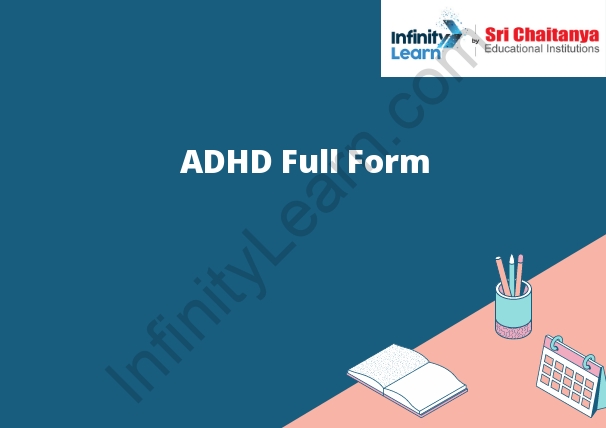Table of Contents
ADHD Full Form is Attention Deficit Hyperactivity Disorder. A person with bipolar disorder experiences periods of extreme mood alternating between mania and depression. Mania is a state of abnormally elevated or irritable mood, which may be accompanied by overactivity, talkativeness, and decreased need for sleep. Depression is a state of abnormally low mood, which may be accompanied by feelings of sadness, worthlessness, and guilt.

Types
There are two types of email addresses:
- Local email addresses
- Remote email addresses
A local email address is an email address hosted on a local server. A remote email address is an email address hosted on a remote server.
Causes
There is no one cause of anxiety disorders. Instead, they are likely caused by genetic, environmental, and psychological factors.
Some of the known causes of anxiety disorders include:
Genetics: Anxiety disorders may be passed down from parents to children.
- Anxiety disorders may be passed down from parents to children. Environmental factors: Traumatic life events, such as a death in the family or a natural disaster, can trigger anxiety disorders.
- Traumatic life events, such as a death in the family or a natural disaster, can trigger anxiety disorders. Psychological factors: Negative thoughts and emotions, such as perfectionism and self-doubt, can contribute to anxiety disorders.
Risk Factors
Several factors may increase your risk of developing an anxiety disorder. Some of the most common risk factors include:
Family history: If you have a family member who has an anxiety disorder, you are more likely to develop one yourself.
- If you have a family member with an anxiety disorder, you are more likely to develop one yourself. Traumatic life events: Experiencing a traumatic event, such as a natural disaster or physical assault, can increase your risk of developing an anxiety disorder.
- Experiencing a traumatic event, such as a natural disaster or physical assault, can increase your risk of developing an anxiety disorder. Negative thinking: If you often think negatively about yourself and the world around
Effect of ADHD in Day-to-Day Life:
ADHD can have a significant impact on day-to-day life. Symptoms of ADHD can affect academic achievement, social relationships, and job performance. ADHD can also increase the risk for other mental health conditions, such as anxiety and depression.
Treatment Protocol
There is no one-size-fits-all treatment protocol for ADHD. Treatment generally involves a combination of medication, therapy, and lifestyle changes.
Medication
There are a number of medications that can be used to treat ADHD. The most common are stimulants, which help to increase focus and attention. Non-stimulant medications are also available and may be prescribed if stimulants are not effective or if they cause adverse side effects.
Therapy
Therapy is an important part of ADHD treatment. Therapists can help to teach children and adults how to manage their ADHD symptoms and improve their daily functioning. Therapy can also help to improve relationships and self-esteem.
Lifestyle Changes
Making changes to your lifestyle can also help to manage ADHD symptoms. Things that can help include:
- Getting regular exercise
- Eating a healthy diet
- Getting enough sleep
- Managing stress
These changes can be difficult to make on your own, so it may be helpful to seek the help of a therapist or counselor.







